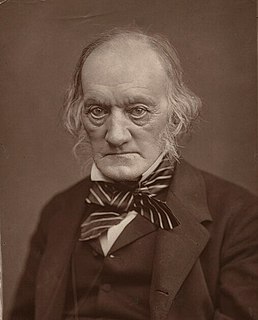A Quote by Charlie Munger
Clever derivatives broke dozens of companies. It killed them. Bankrupt. We don't need these kinds of innovation in finance. It's OK to be boring in finance. What we want is innovation in widgets.
Related Quotes
It's the unlikely juxtaposition of creativity and logic which causes the wooliness and confusion around the term 'innovation'. Everybody wants to be innovative; many companies and ideas are proclaimed to be innovative and no one doubts that innovation is a money spinner. And, thus, we are all looking for the magic formula. Well, here you go: Creativity + Iterative Development = Innovation.
Innovation is the specific tool of entrepreneurs, the means by which they exploit change as an opportunity for a different business or a different service. It is capable of being presented as a discipline, capable of being learned, capable of being practiced. Entrepreneurs need to search purposefully for the sources of innovation, the changes and their symptoms that indicate opportunities for successful innovation. And they need to know and to apply the principles of successful innovation.


































